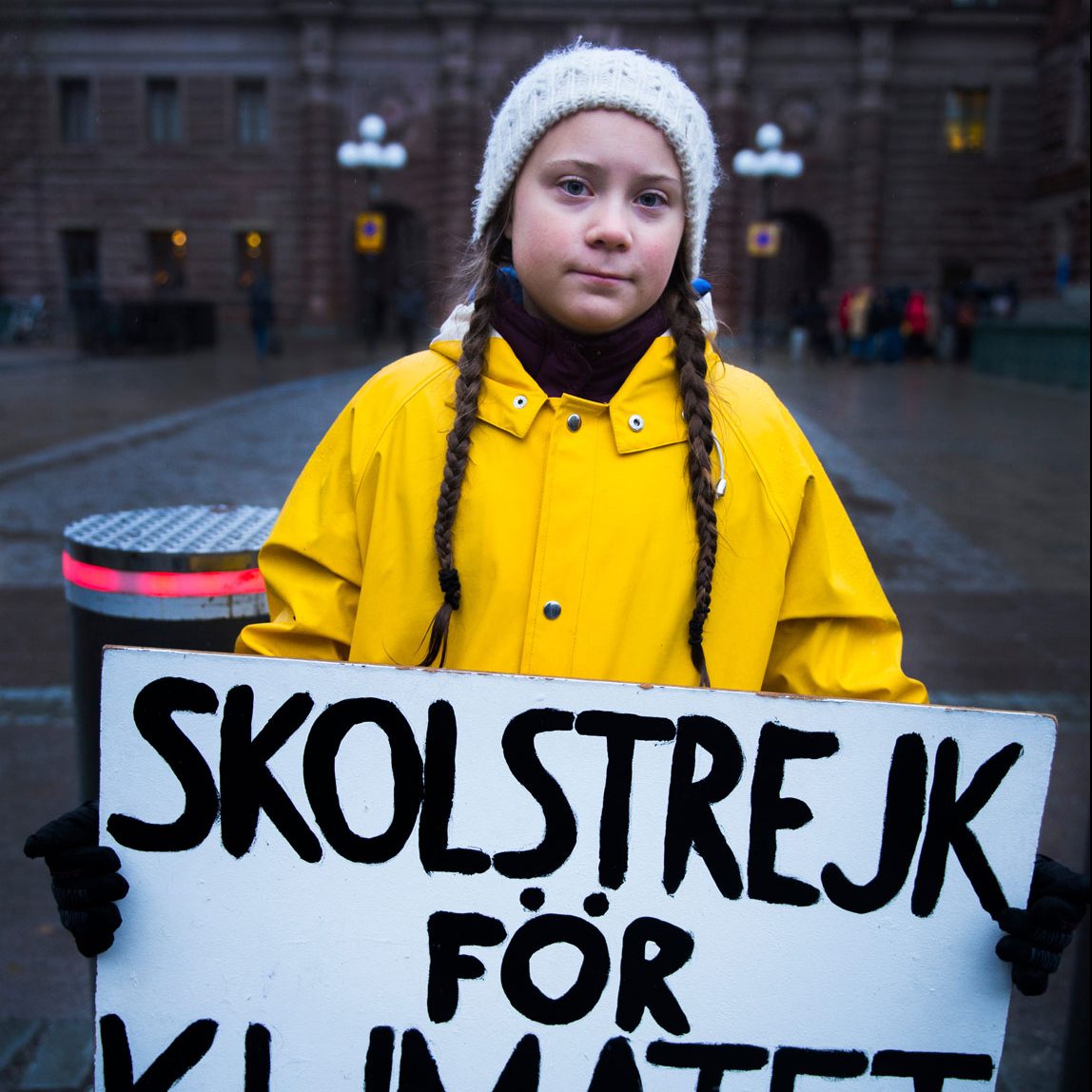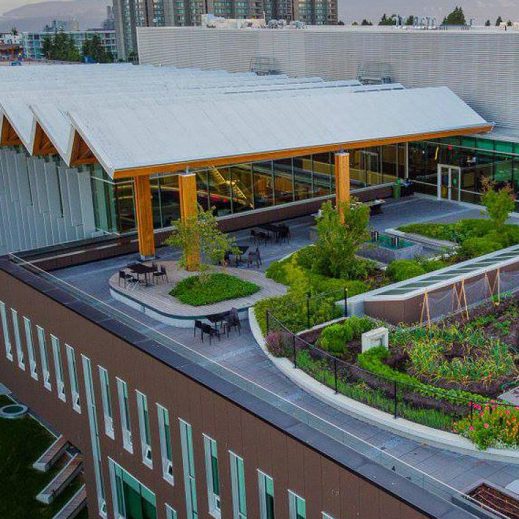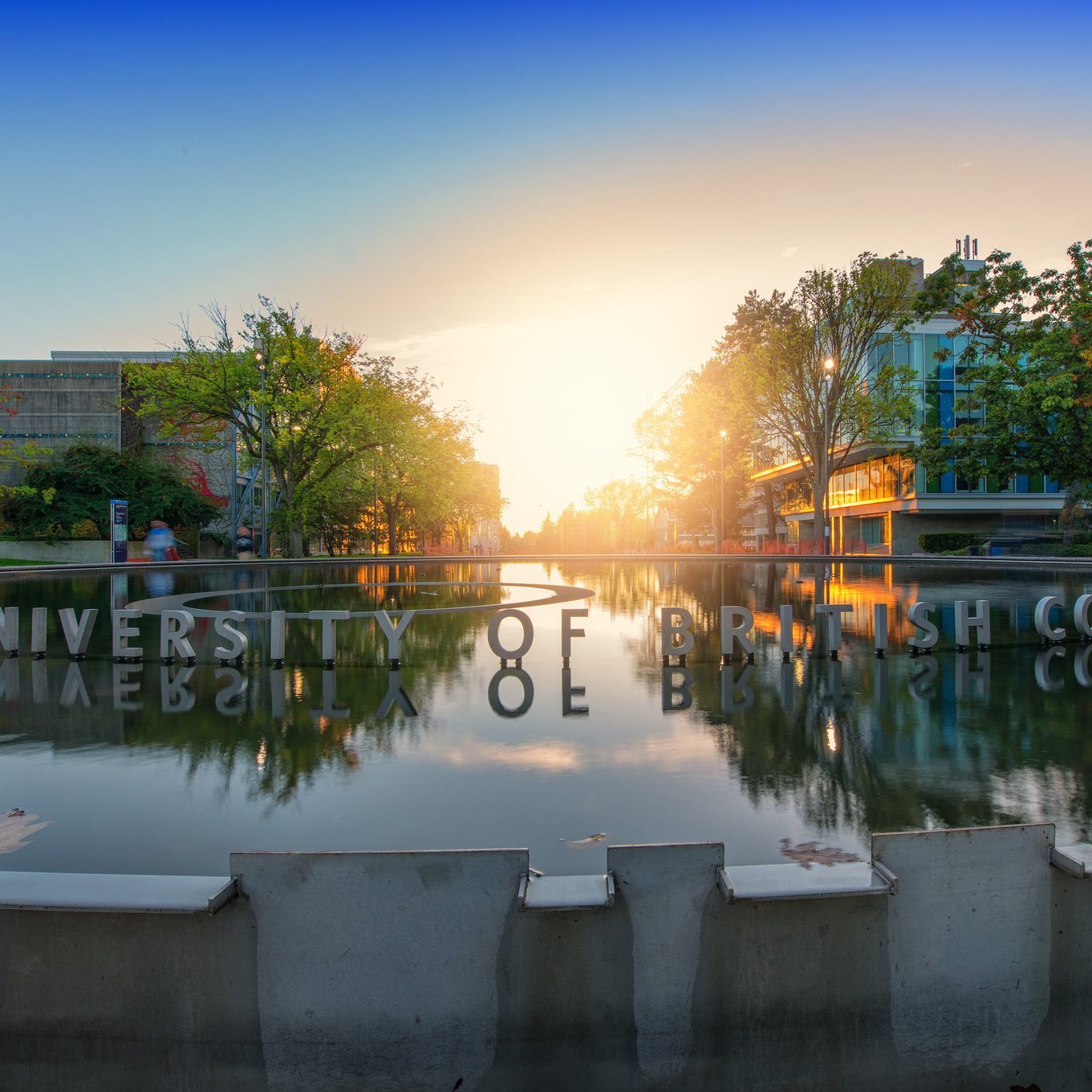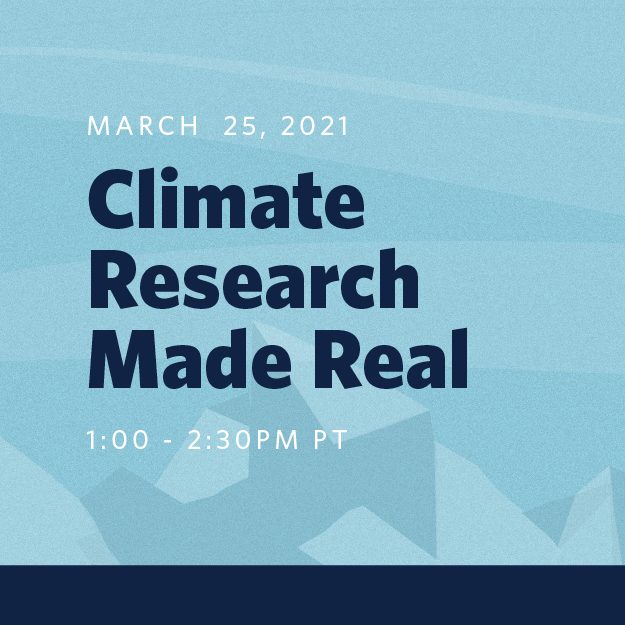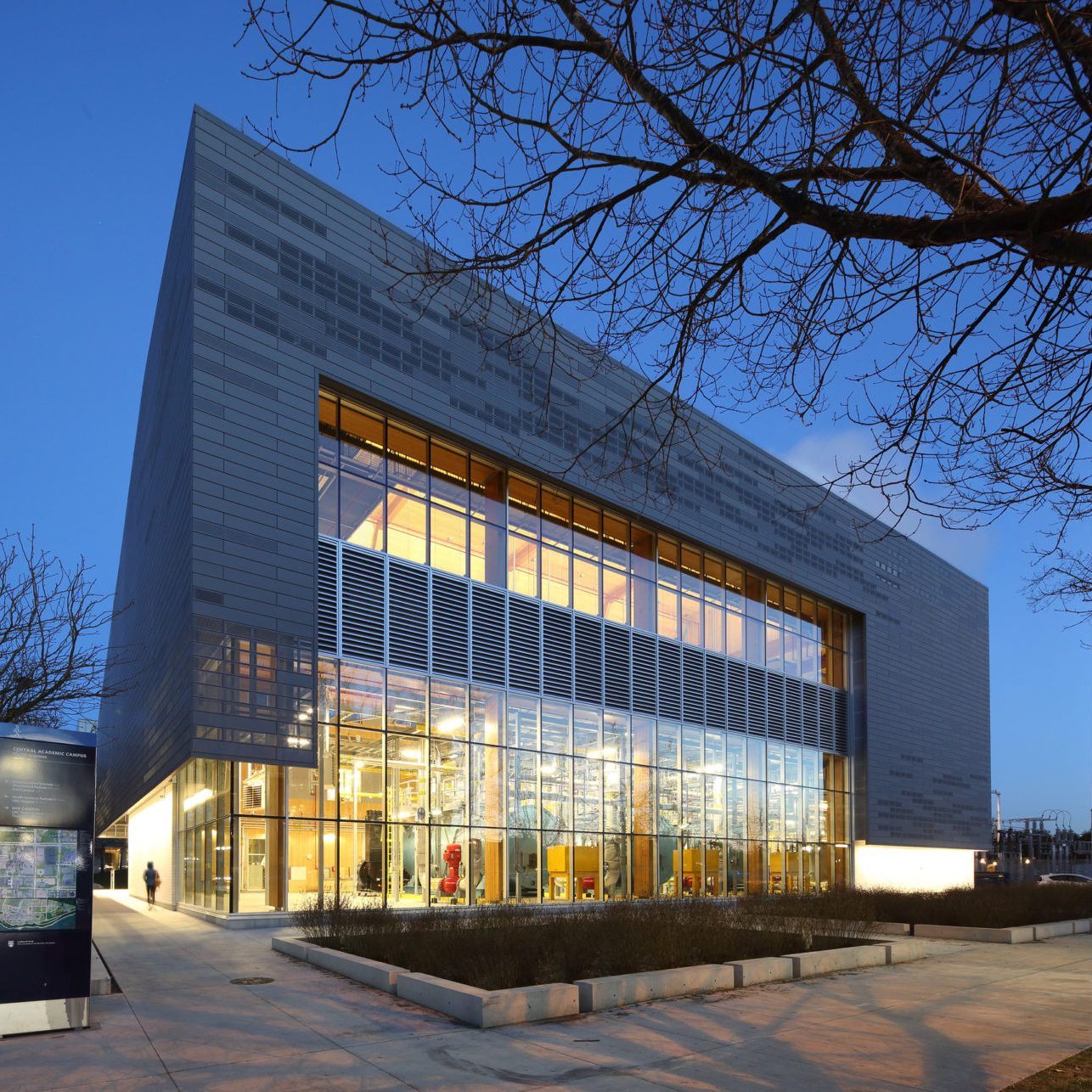UBC understands that the actions we take today, will affect human and environmental wellbeing for generations to come.
The news and events below provide a window into the broad range of climate emergency-related activities underway by UBC academic units, operational departments, community initiatives, and student groups.
UBC invites you to explore what’s happening, and join us in this vital work.
April 9: What is UBC’s responsibility in relation to climate justice?
Mar 31, 2021
What role can and should UBC play as we strive for climate justice? Join a discussion with UBC faculty and staff committed to this work.
The webinar will include reflections on what climate justice means to the panelists and the role they feel that UBC and postsecondary institutions have in relation to climate justice.
Panelists will consider UBC as an institution engaging in education, research and outreach as well as the role of students, faculty and staff in bringing about climate justice.
Greta Thunberg receives honorary degree from UBC
B.C. Provincial Health Officer Dr. Bonnie Henry and internationally renowned climate activist Greta Thunberg will receive honorary degrees from UBC this spring.
Thunberg, 18, has gained international recognition for challenging world leaders to take immediate, science-based action against climate change, and for sparking climate-change activism in many parts of the world.
A three-time Nobel Peace Prize nominee, she has given speeches at the World Economic Forum in Davos, Switzerland; at the European Parliament; in front of the legislatures of Italy, France, the United Kingdom and the United States; at the 2019 UN Youth Climate Summit in New York, to which she famously traveled on an emissions‐free yacht; and the 2019 UN Climate Change Conference in Madrid.
Climate Action Plan 2030
Mar 26, 2021
In December 2019, UBC declared a climate emergency. As a result, the university is developing an ambitious Climate Action Plan (CAP2030) aimed at implementing strategies that will result in emissions reductions from UBC’s core operations by 2030 through clean energy solutions and energy-efficient technologies.
Now we’re turning to you, members of the UBC community, to share your valuable insights around what we can all do to help meet our goals. Come to one of our virtual events to learn more about CAP2030 and fill out a survey to share your perspective!
All survey participants will be entered into a draw to win a $100 gift card.
UBC Investment Management Trust Inc. commits $110M towards a more sustainable global economy
Mar 17, 2021
UBC Investment Management Trust Inc. (UBC IMANT) is pleased to report it has committed $110 million to be managed by Impax Asset Management (Impax), a specialist asset manager which invests in opportunities arising from the transition to a more sustainable global economy.
Reinforcing UBC’s commitment to address the global climate emergency, UBC IMANT expects its investment managers to consider ESG factors in all of their decision‐making – and is evaluating and holding fund managers accountable to this performance.
Responsible Investing progress planned for 2021 includes transferring additional funds to lower emission and fossil fuel free funds, establishing an active ownership policy, and incorporating climate risk analysis into portfolio analytics and asset mix study.
March 25: Climate Research Made Real – Practical Applications of Research for Better Futures
Mar 08, 2021
Join UBC Library for a special event featuring four panelists from diverse disciplinary backgrounds as they engage in a conversation about the climate crisis and work to be done in the here and now.
In the December 5, 2019 Declaration on the Climate Emergency, the UBC Board of Governors stated that the University has a mandate “to effect change beyond our institutional boundaries” and to “advance a sustainable and just society across British Columbia, Canada and the world.”
In response to this mandate, the L#CAT (Library Climate Act Team) invites you to an afternoon panel event, “Climate Research Made Real: Practical Applications of Research for Better Futures”. Read more.
Climate Justice Webinar Series
Mar 05, 2021
Climate justice advocates for a shift in the focus of dialogue on climate change away from economic imperatives and technical solutions, to protecting the human rights of those most vulnerable to its effects, both globally and locally.
Climate change causes disproportionate impacts on people. Youth, in particular, see the climate crisis as one of the defining challenges of their age, noting that continued fossil fuel expansion will lock in decades of greenhouse gas emissions, jeopardizing their human rights and future prospects.
In response to the focus on climate justice as part of UBC’s Declaration of a Climate Emergency and recommendations from its Climate Emergency Task Force (CETF) Report the UBC Sustainability Initiative is launching the Climate Justice Series, featuring sessions that examine climate justice from various perspectives, locally and globally. Read more.
Linda Nowlan: “Just Is” ≠ Justice, especially when it comes to climate
Mar 02, 2021
Who didn’t have a shiver running down their spine listening to U.S. Youth Inauguration poet Amanda Gorman’s poem, “The Hill We Climb”? I know I did. In part, because I know that when it comes to climate change, we’re a long way off from justice.
The notion of climate justice confronts the fact that marginalized people the world over suffer from environmental damage they had no part in creating. There’s injustice in the form of personal responsibility for climate change. The richest one percent produce more than double the carbon emissions of the poorest half of humanity.
In this Georgia Straight article, The UBC Sustainability Initiative's Senior Director, Linda Nowlan, described the inspiration behind a new series of free Climate Justice public webinars beginning March 5. Read more.
Canada’s environment minister names expert group on net-zero emissions
Feb 26, 2021
The federal environment minister has named a group of experts who will advise him on the best way Canada can get its carbon pollution to net zero by 2050.
Environment and Climate Change Minister Jonathan Wilkinson announced 14 members of a new Net-Zero Advisory Body on Thursday, fulfilling a Liberal Party pledge to appoint a group of independent “scientists, economists, and experts” to guide Canada towards achieving its emissions reductions targets.
The group's members represent a range of expertise. They include Assembly of First Nations Yukon Regional Chief Kluane Adamek, climate scientist and University of British Columbia professor Simon Donner, and Kim Thomassin, executive vice-president of Canada’s second-largest pension fund, Caisse de dépôt et placement du Québec. Read more.
Embodied carbon pilot helps building industry address climate change
Jan 26, 2021
Greenhouse gas (GHG) emissions from the built environment are a significant contributor to climate change. As policies to reduce operational energy consumption and related GHG emissions from buildings start to take effect, the embodied emissions associated with building material choices are becoming proportionally more significant.
But in order to reduce embodied carbon in future buildings, policy-makers must first understand the materials-related emissions of current buildings. To meet this need, the UBC Sustainability Initiative’s Urban Innovation Research group is conducting a multi-year pilot focused on improving the practice of life cycle assessments (LCAs) used to estimate the embodied carbon emissions of buildings throughout their life cycle. Read more.

